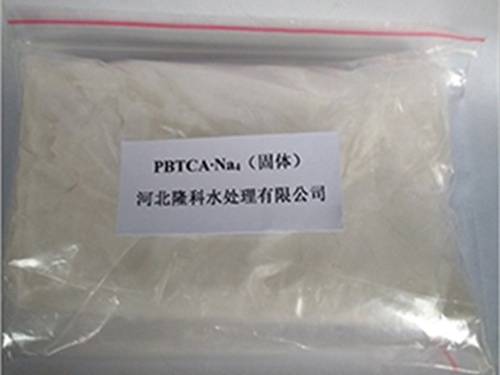corrosion & scale inhibitors
Understanding Corrosion and Scale Inhibitors
Understanding Corrosion and Scale Inhibitors
Corrosion inhibitors are chemical compounds that, when added to a corrosive environment, reduce the rate of metal deterioration. Various types of corrosion inhibitors are available, including anodic inhibitors, cathodic inhibitors, and mixed inhibitors, which work by different mechanisms. Anodic inhibitors, for instance, precipitate protective films on metal surfaces that hinder electrolytic reactions, while cathodic inhibitors reduce the metal's cathodic reaction rate. Mixed inhibitors, as their name suggests, provide a combination of both anodic and cathodic protection. These inhibitors are widely used in various applications, from oil pipelines to cooling systems, to protect metallic surfaces and prolong equipment life.
corrosion & scale inhibitors

Scale inhibitors, on the other hand, are additives designed to prevent the deposition of scale-forming minerals. They achieve this by disrupting the crystal growth and aggregation of scale particles, thereby keeping them in suspension and preventing them from forming hard deposits. Phosphonates and polyacrylates are common scale inhibitors used across industries. In water treatment plants and cooling towers, these compounds help maintain efficiency and minimize maintenance costs associated with removing scale deposits, which can be both time-consuming and expensive.
The challenges posed by corrosion and scale are compounded by the increasing need for sustainability and environmental responsibility. Industries are now seeking eco-friendly inhibitors, which are less harmful to marine and terrestrial ecosystems. Researchers are continuously working towards developing new formulations that not only effectively reduce corrosion and scale but also meet environmental regulations.
In conclusion, the importance of corrosion and scale inhibitors in maintaining industrial efficiency cannot be overstated. These compounds play a crucial role in preserving equipment integrity, reducing operational costs, and promoting sustainable practices. As technology advances, the future of corrosion and scale control looks promising, with innovative solutions that aim to address both performance and environmental concerns. Industries must stay informed about these developments to ensure continued success in their operations.
-
Water Treatment with Flocculant Water TreatmentNewsJun.12,2025
-
Polymaleic AnhydrideNewsJun.12,2025
-
Polyaspartic AcidNewsJun.12,2025
-
Enhance Industrial Processes with IsothiazolinonesNewsJun.12,2025
-
Enhance Industrial Processes with PBTCA SolutionsNewsJun.12,2025
-
Dodecyldimethylbenzylammonium Chloride SolutionsNewsJun.12,2025





